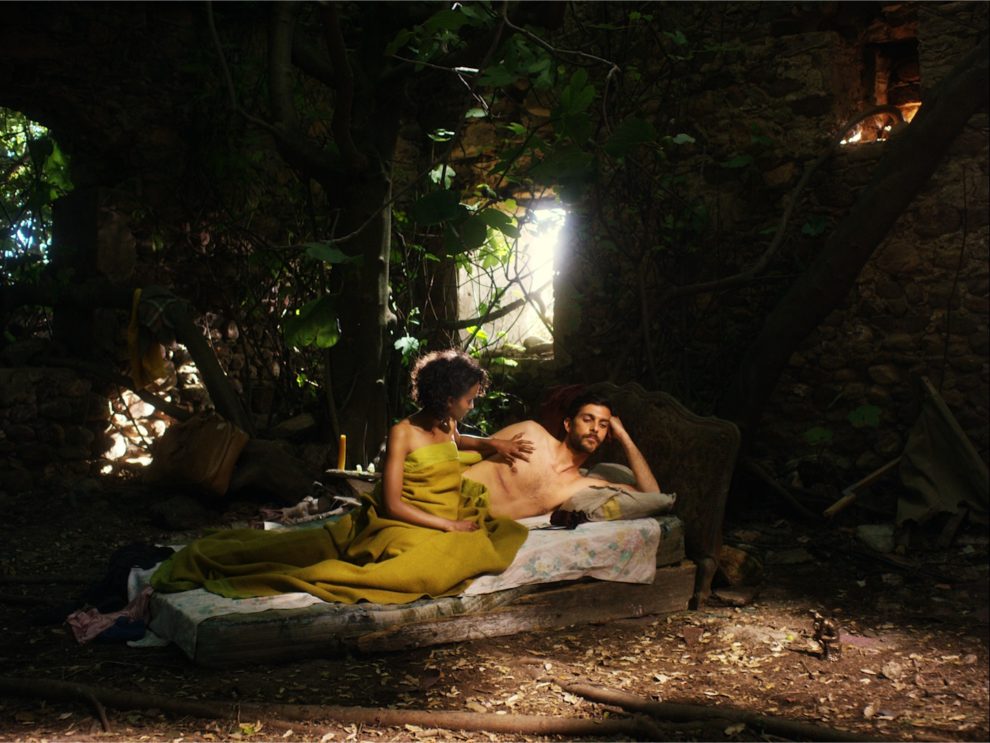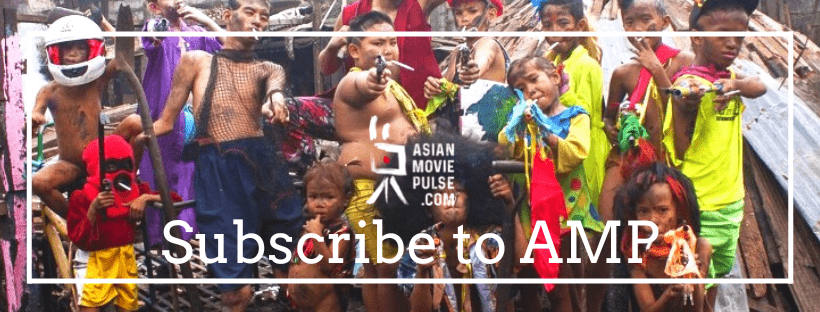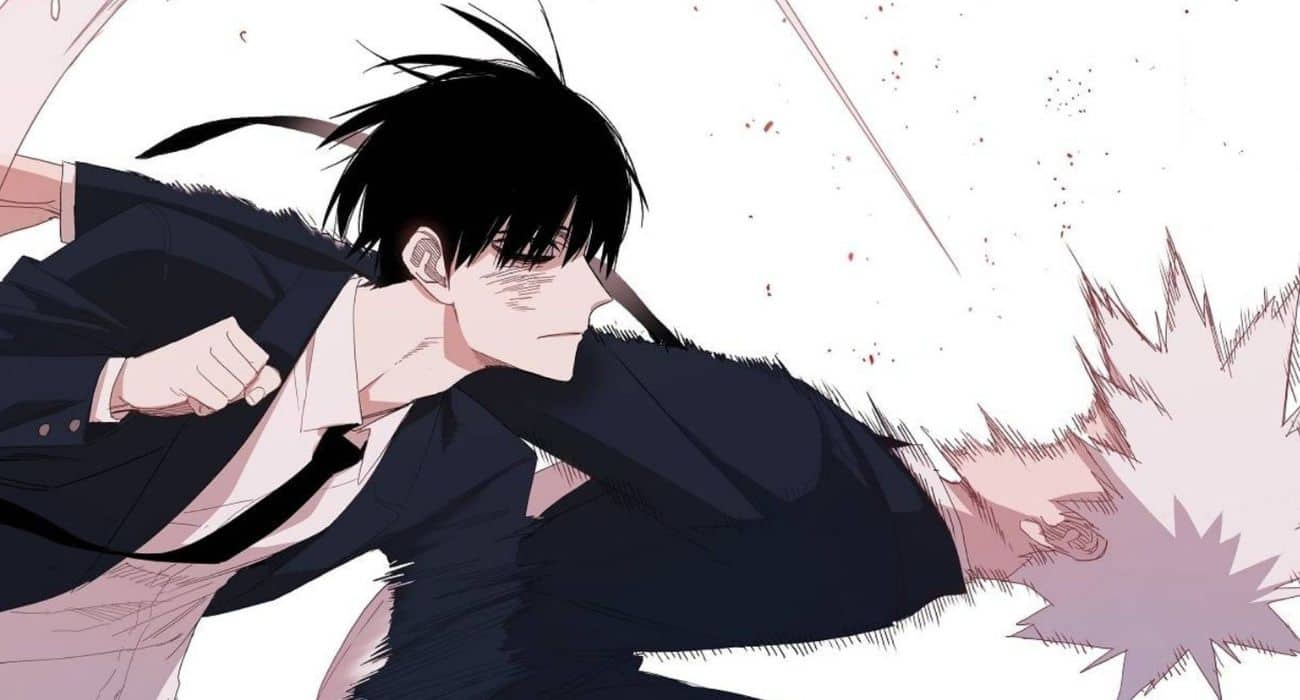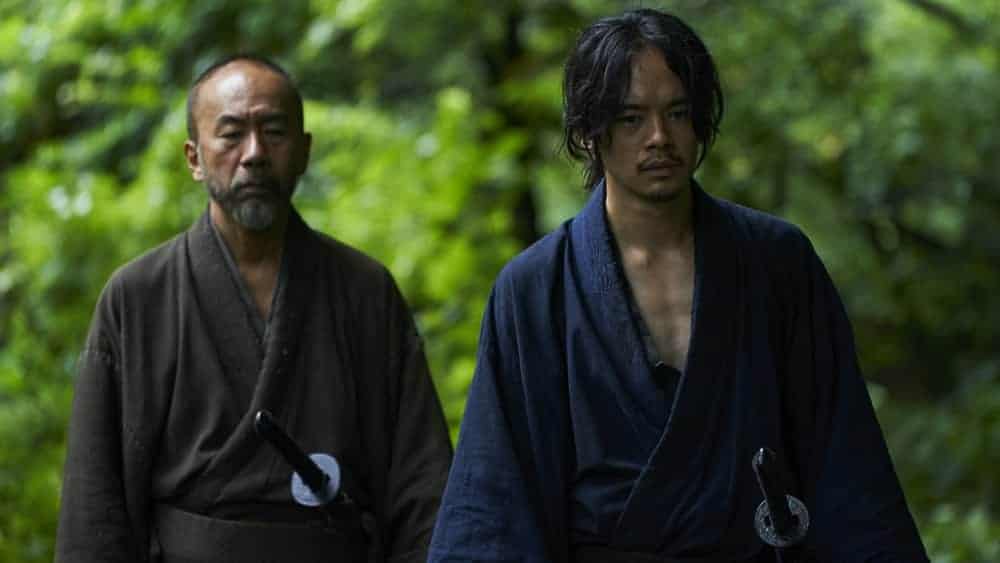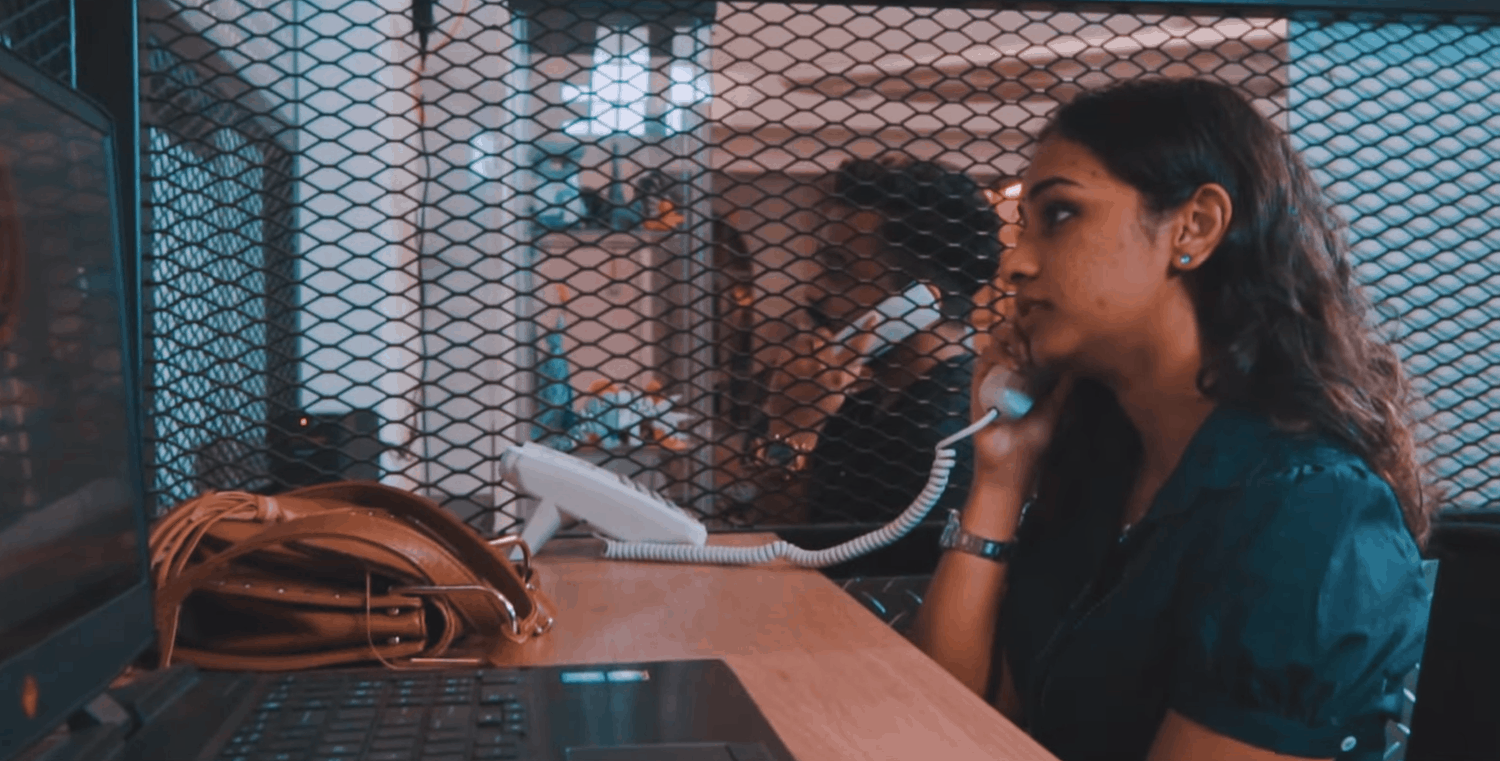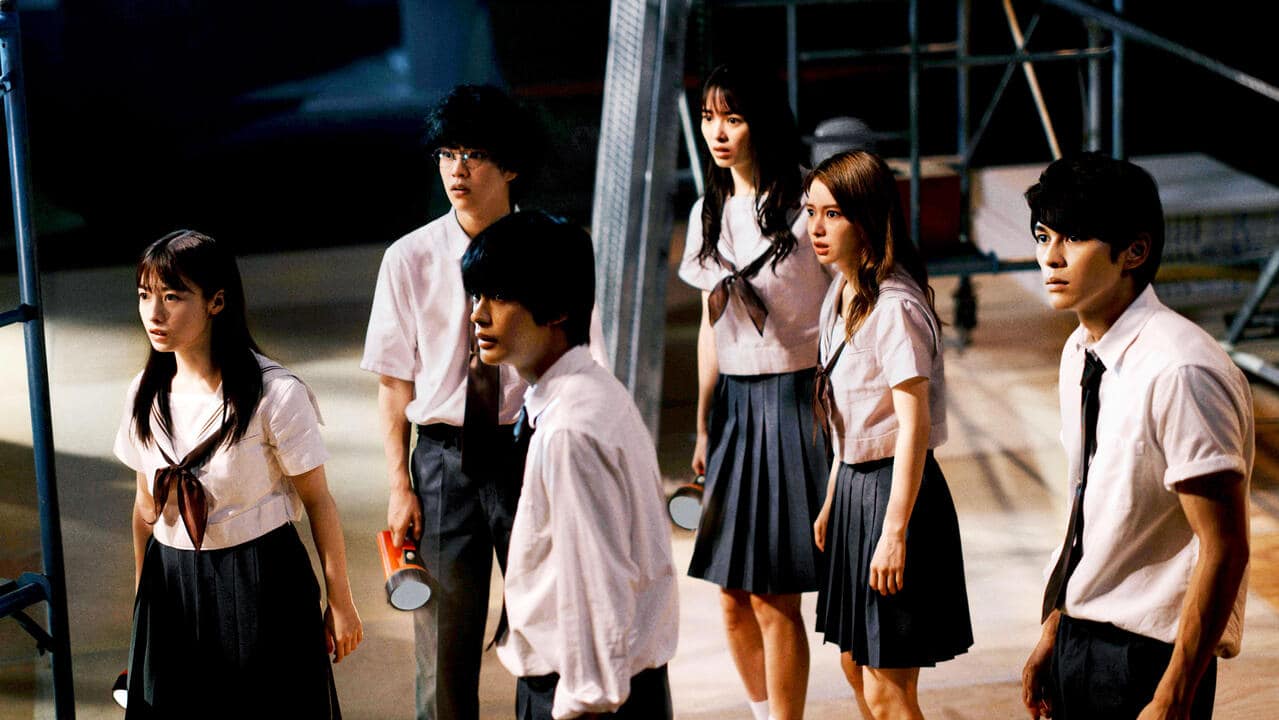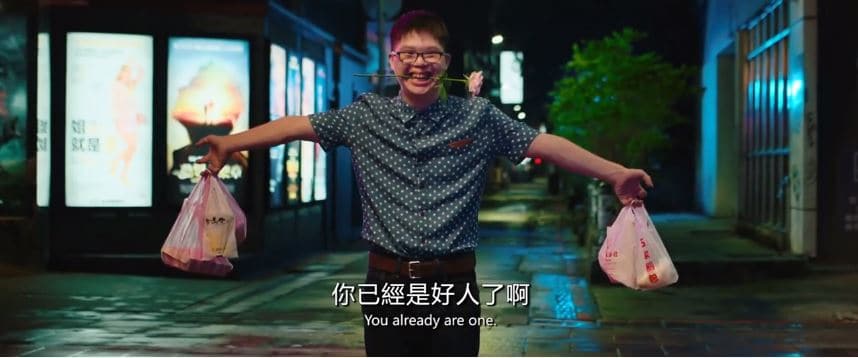The circumstances in Lebanon have been dire for many years, with the surge of refugees from Syria, whose number now covers ⅔ of the whole population of the country, creating an impossible situation, both for them and the locals. Wissam Charaf, who also doubles as war correspondent, focuses on this issue, through an approach that both highlights it with realism, but also is filled with humor.
“Dirty Difficult Dangerous“ is screening at Thessaloniki International Film Festival
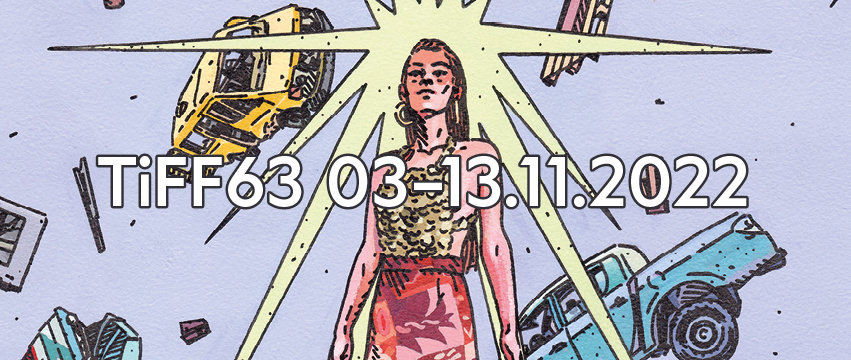
Ahmed is a Syrian refugee roaming the streets of Beirut, searching for metal objects to be recycled, which is how he survives in life. Having escaped a bomb explosion in Syria, he still carries a rather unusual wound, as his left hand seems to be gradually getting more and more covered in metal. His life is bleak, and his only “solace” is his relationship with an Ethiopian domestic helper, Mehdia, with the two of them always managing to steal a kiss or two, despite the strictness of her boss. The girl, however, has her own problems to face, as the elder man she takes care of has frequent violent fits, while the fact that she is essentially a prisoner, with her agent keeping her passport and her employer not even allowing to return to her country even for a bit. As the story progresses, the situation gets worse for both, until Mehdia decides to take things on her hand. Hope, however, is nowhere to be found.
Wissam Charaf manages a truly difficult feat with his film: to present two rather serious issues, the refugees and how the system with domestic helpers from abroad works, through an approach that is occasionally hilarious, without, though, stripping the subjects from their significance nor hiding the despair both involve. The ways he achieves this vary. The story of both protagonists is obviously dramatic, with Charaf pulling no punches in showing how impossible their lives are and how suffocating the particular environments usually are. Love presents a hope, and a kind of solace for the two, but in no way is it presented as a solution or the means towards salvation, as things just get worse even as the two manage to come closer.
At the same time, small scenes here and there, which exhibit Charaf's intelligent, bittersweet, ironic, deadpan sense of humor, provide a relief from all the bleakness, while preventing the movie from becoming a tear-jerker. The ending is probably where this approach finds its apogee, but there are many scenes that also highlight it, as in the one with the crying, the height-difference one, and many others. At the same time, the placement of these scenes within the narrative is ideal, with Clémence Diard's editing being excellent both in that regard, and in the overall pace the movie unfolds through.
Furthermore, the movie thrives on symbolism and metaphors, as religious notions are juxtaposed with “vampires”, Tetsuo-esque references and a number of other elements that add yet another level to the film. All these are excellently presented through DP Martin Rit's cinematography, who captures the claustrophobic environment the protagonists inhabit in the most eloquent fashion, mostly through mid-shots. A couple of long-shots in the second part oinduce the movie with a dystopian sense, again with the finale being a prime example.
Clara Couturet as Mehdea and Ziad Jallad as Ahmed give great performances, with Charaf focusing on their looks and reactions rather than their words, in an intensely laconic approach that works excellently for the narrative, while highlighting their evident chemistry. Rifaat Tarabay as the senile older man frequently steals the show, particularly with his “vampiric” tendencies.
At 84 minutes, “Dirty Difficult Dangerous” is an economic, very intelligent, very realistic film that manages to present all its comments through a rather rewarding combination of seriousness and humor.


